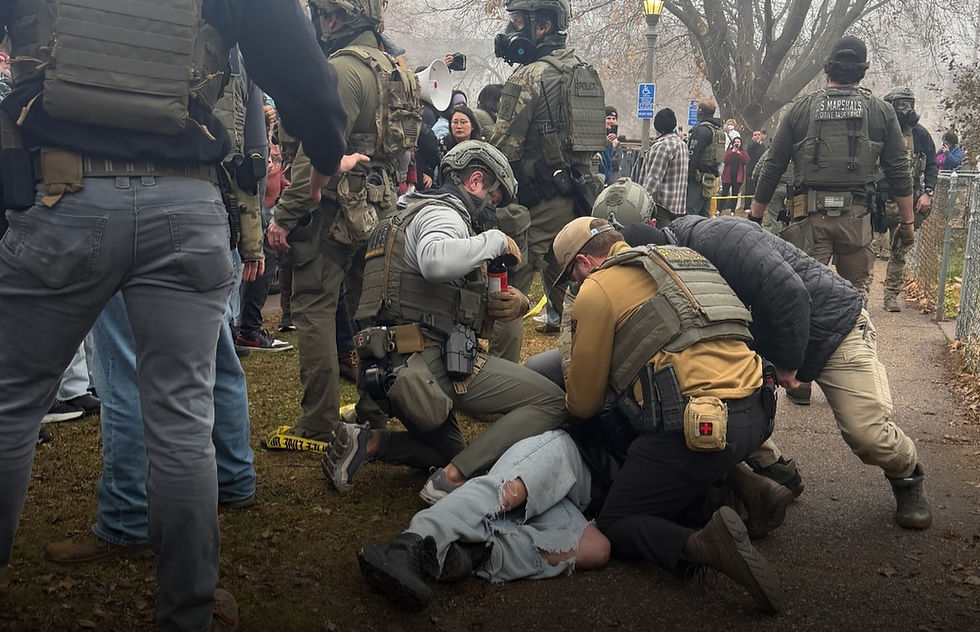Remembering the tragic era of American Indian boarding schools
- Isavela Lopez
- Oct 20, 2022
- 2 min read
Updated: Apr 17, 2024
September 30th is the national day of remembrance for Indian Boarding Schools. Here in Minnesota, Governor Tim Walz issued a special proclamation to recognize the state’s role in oppressing indigenous people.
The night before, the National Native American Boarding School Healing Coalition gathered at the state capital to reckon with the tragic history of boarding schools in the United States - and particularly in Minnesota - that was imposed onto the Indigenous communities from 1819 to 1969.
The NNABSHC - which worked on the proclamation with Lieutenant Governor Peggy Flanagan - hosted a number of boarding school survivors from all over Minnesota and the nation. Director of policy and advocacy Theresa Sheldon read the proclamation, which acknowledges the state’s role in supporting more than 20 boarding schools. It also recognizes that the primary reason behind the creation of Federal Indian Boarding schools was to take away the land.
“The assimilation of Indian children through the federal Indian boarding school system was part of the broader goal of Indian territorial dispossession, stealing of our lands in service of the expansion of the United States, with assimilation eventually becoming an objective of federal policy and in of itself,” Sheldon read from the proclamation. “And, whereas, the removal and the placement of these children in the boarding school system led to the breakup of Native families and the erosion of the American Indian tribes, Alaska Native villages, and the Native Hawaiian community.”
The proclamation acknowledges the historical trauma that came with boarding schools and ends with Minnesota promising to never forget.
Elan Quezada, who is a community member and is a part of the Danza group Kalpulli Yaocenoxtli says the proclamation alone is not enough.
“I have issues with proclamations because they're just words, you know, they're not actionable words,” said Elan. “When they say stuff like ‘the state of Minnesota is committed to educating’ and whatnot, like are y'all committed to educating? Because I wasn't educated and I grew up in Minnesota and I was not educated in what happened in those boarding schools. So if that’s the proclamation to commit to educating then you know I’d be happy to see that actually happening.”
Quezada says people are still suffering because of boarding schools.
“It so deeply affects people to have their identity taken away from them or like forcibly removed from them and it’s happen with my own family where my grandma, who was raised catholic and even though her aunts and stuff were Nault speaking and practicing, she was catholic and she thought that any type of indigenous identity was something that could damn you to hell, which is why I did not grow up knowing about my culture or my identity because she wanted to “protect me” and that left a big hole in my heart for a really long time.”



Comments